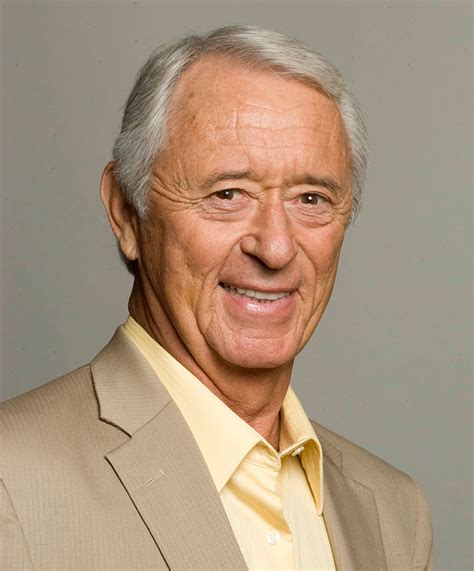A Quote by Aditi Shankardass
To diagnose and treat a brain disorder accurately, it would be necessary to look at the brain directly. Looking at behavior alone can miss a vital piece of the puzzle and provide an incomplete, or even a misleading, picture of the child's problems.
Related Quotes
Autism is a neurological disorder. It's not caused by bad parenting. It's caused by, you know, abnormal development in the brain. The emotional circuits in the brain are abnormal. And there also are differences in the white matter, which is the brain's computer cables that hook up the different brain departments.
Have things to look forward to: Plan a trip, treat yourself to the spa, make plans in the future so that you can focus on what you're looking forward to versus how unbearable your present is. Understand that your brain is detaching. It's the same part of the brain that is activated as a cocaine user feening for their next fix. You're literally in withdrawal. Understand that it takes time for your brain and neural pathways to detach. You're not going crazy - it's just a process, and that process takes time.
Even though we don't know squat about how the brain works, the little we do know suggests that if you wanted to design a learning environment that was directly opposed to what the brain was naturally good at doing, you would design the education system we currently have, not only in America, but all over the world!
When you're in these movie deals and the studios are talking, they're putting business deals and packages together, but they're making calls based on previous relationships. They go, "Oh, let's call this actor because we did this with him, and he might like him. Does he like him? Let's piece them together." There's a brain behind that puzzle, and I want to be the brain.
Alcohol and drugs are not the problems; they are what people are using to help themselves cope with the problems. Those problems always have both physical and psychological components- anything from anemia, hypoglycemia, or a sluggish thyroid to attention deficient disorder, brain-wave pattern imbalances, or deep emotional pain.
The pace at which science has progressed has been too fast for human behaviour to adapt to it. As I said we are still apes. A part of our brain is still a paleo-brain and many of the reactions come from our fight or flight instinct. As long as this part of the brain can take over control the rational part of the brain (we will face these problems).
Everyone uses the brain at every moment, but we use it unconsciously. We let it run in the background without realizing the power we have to reshape the brain. When you begin to exercise your power, the everyday brain, which we call the baseline brain, starts to move in the direction of super brain.
A long iron rod rocketed straight through the very forefront of Phineas Gage's brain. It's kind of an unusual part of the brain: you can suffer pretty severe injuries to it and often walk away from the injury. It's not a part of the brain that's necessarily vital for your biological self. But it is very important for personality.




































